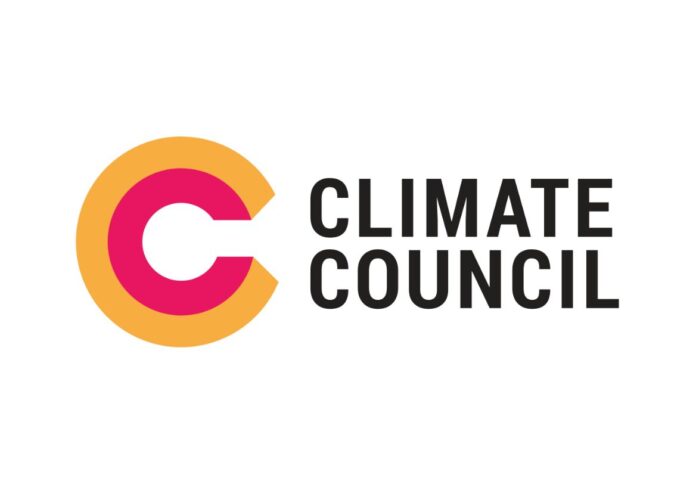
The Climate Council has applauded Prime Minister Anthony Albanese’s declaration that Australia will join the Climate Club, a global effort aimed at achieving net zero emissions and industrial decarbonisation.
Dr Simon Bradshaw, director of Research for the Climate Council, stated that while joining the Climate Club is a positive beginning, it must be supported by more aggressive domestic efforts to phase out fossil fuels and develop the clean industries of the future.
“International collaboration is key to achieving the emissions reductions we need to combat the climate crisis. But we need to see any new international partnerships backed with real action,” Dr Bradshaw noted.
He added that Australia’s emissions reduction goal is still weaker than those of the US, Europe, and other Climate Club members, emphasising that it is only fair now that the world is putting more pressure on Australia.
“The Climate Club aims to achieve net zero emissions by 2050. However, this is far too slow – we really should be aiming to achieve net zero by 2035,” stated Dr Bradshaw.
Meanwhile, Climate Councillor and economist Nicki Hutley stated that joining this club is very much in Australia’s economic interests, as it will support and enhance the decarbonisation of our industries, urge other countries to do the same, and keep 1.5 alive.
Hutley underscored that Australia’s membership in the Climate Club reflects the country’s reputation as a climate outlier and laggard, which is now being welcomed back into the fold.
“Previously, at COP meetings, Australia was almost considered an outcast. Now, we’re welcomed by other nations. Despite making progress, we can and should accelerate our emissions reduction efforts, given our vast natural and financial resources,” Hutley explained.
“We mustn’t rest on our laurels, but we are certainly being welcomed into the international fold more than we have been for a long time,” he concluded.
The Climate Club was formed last year by German Chancellor Olaf Scholz. Other members include G7 countries – Germany, France, Italy, Canada, United Kingdom, Japan, United States, European Union Council and Commission, as well as Argentina, Chile, Colombia, Indonesia, Luxembourg and the Netherlands.
Founded in 2013, the Climate Council is Australia’s leading community-funded climate change communications organisation.
It provides journalists, decision-makers, and the larger Australian community with reliable, knowledgeable, and fact-based guidance on climate change.




















